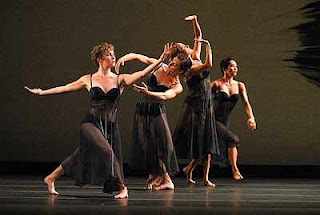I wanted to back pedal a little and report that, despite the nervously adamant nature of my last post, that yes, I do understand the value of music theory. The funniest, realistic way which I can prove this, is that I have noticed that the jobbing musicians who get paid to play music know music theory. The rambling indie rockers begging for gas money on tour don't. I see this like the light shining from a 100 watt bulb.
Music theory has a commercial value. Audiences who pay for tickets are often paying to hear people who have studied music formally (not always but often). Those who know music theory can also be hired to do things which mere mortal musicians cannot, ranging from producing, arranging, transcribing, and/or teaching.
There are definitely exceptions to this, from days of yore to today, where music that does not have an academic backbone, or even an academic pinky bone, appeals to the masses and audiences far more than belabored academic music.
What I am trying to cull out then, is how can music theory be applied in a practical way? I suppose even my musical comrads who are deep into music theory would be interested, so let's explore it briefly.
To this end, let's call "music theory" the "study of music" as I am using the term to refer to an academic study of music.
- Studying music needs to be rooted in the core of musical curiousity.
- Studying music is all about listening.
- Studying music is all about proclaiming what gets you excited.
- Studying music is all about embracing what intrigues you.
- Studying music is realizing the path is long.
- Studying music is realizing it's not as hard as you thought.
The dangers of formally studying music (rah-hah-hah): yes there are some:
- You think you know more than you do.
- You get cocky.
- You want to tell others how to approach music.
- You are full of the illusion of knowledge.
- You start using your brain more than your ears.
- You are parlyzed when you don't have guardrails.
- You get frustrated.
All of these are a false sense of knowledge, or a false sense of inadequacy. What a roller coaster.
The challenge is to find natural curiousity and a teacher able to see it. But, that's just a theory!
I will keep you updated, dear reader, on my journey to find that balance between the magic of music and the method.










